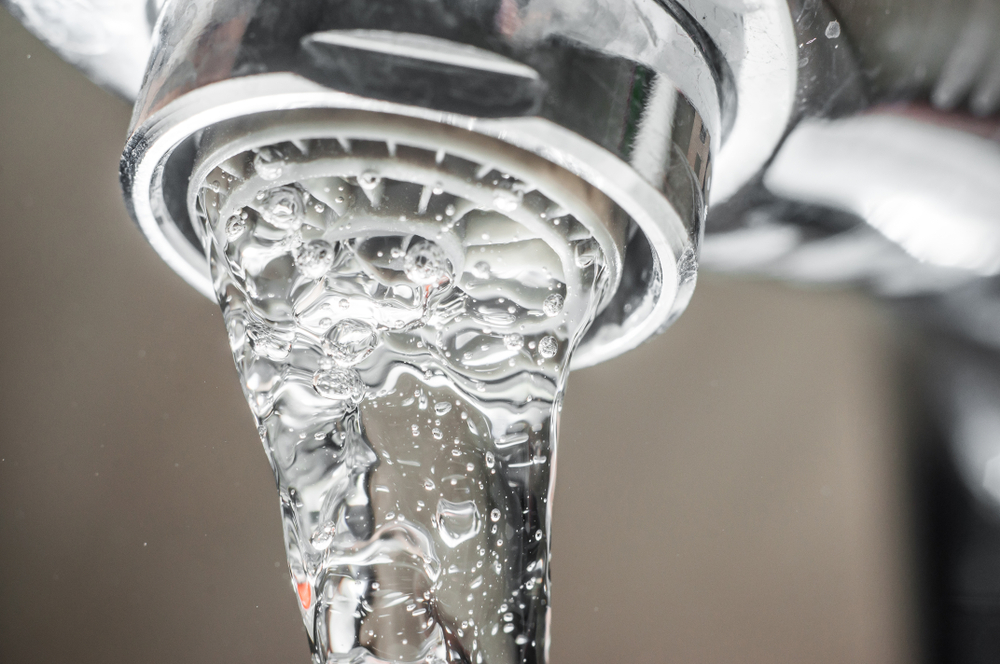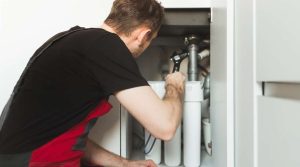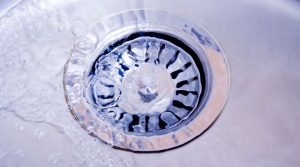Hard water, containing high levels of minerals such as calcium and magnesium, is a common issue that many households face. Over time, hard water can lead to various plumbing and appliance issues, as well as negatively affect the quality of your home’s water supply. To combat this issue, homeowners often turn to water softening systems, which remove excess minerals and provide a healthier, more enjoyable water supply. In this comprehensive guide, we will explore the benefits of water softeners, the different types available, and essential steps to ensure a successful water softener installation process for your home.
Introducing a water softener into your home’s plumbing system can significantly improve the quality and safety of your water supply, as well as protect your plumbing and appliances from costly damage due to mineral buildup. Softened water leads to cleaner, spot-free dishes, more efficient use of detergents, and gentler water for bathing and washing clothes. Additionally, water softeners can prolong the lifespan of water heaters and other appliances that rely on a consistent water supply.
In this guide, we’ll discuss the various types of water softeners, including ion exchange, salt-free, and reverse osmosis systems, and delve into the benefits and considerations for each option. Our expert advice will help you determine the best water softening system for your home based on factors such as water hardness, household size, and budget. Moreover, we will walk you through the essential steps of the water softener installation process and provide valuable tips to ensure a successful setup for your home’s plumbing system.
The Benefits of Installing a Water Softener in Your Home
Water softeners can greatly improve your home’s water quality and overall living experience. Here are some key benefits of installing a water softener:
1. Protect your plumbing and appliances: Hard water can cause mineral buildup in pipes, which can lead to clogged drains, reduced water flow, and potentially costly repairs. A water softener will prevent these issues by removing minerals before they have a chance to accumulate.
2. Extend appliance lifespan: Appliances like water heaters, dishwashers, and washing machines can suffer from efficiency loss or damage due to hard water. Using softened water helps reduce wear and tear, prolonging your appliances’ lifespan and saving you money in the long run.
3. Improve water quality: Softened water is gentler on your skin and hair, making for a more pleasant bathing experience. Additionally, you’ll notice cleaner, spot-free dishes and glassware after washing.
4. Increased efficacy of soaps and detergents: Since soft water lathers more readily, you’ll require less soap and detergent for cleaning purposes, resulting in further cost savings.
Types of Water Softeners and How to Choose the Right One
There are multiple water softener options to choose from, each with its own unique features, benefits, and considerations. Let’s explore the common types:
1. Ion exchange water softeners: These systems work through a process where hard water ions are exchanged for sodium ions, effectively reducing mineral content. Ion exchange systems are the most popular choice for residential use and work best for moderately to severely hard water.
2. Salt-free water softeners: These systems use potassium chloride instead of sodium to neutralize minerals in the water. Salt-free systems are ideal for those concerned about their sodium intake or anyone looking for a low-maintenance option.
3. Reverse osmosis water softeners: A reverse osmosis system filters water through a semi-permeable membrane to remove contaminants, including minerals responsible for water hardness. This type of system can offer the highest level of water purity but may require more frequent maintenance and a larger upfront investment.
Consider factors such as the level of water hardness in your area, household size, and budget when choosing a water softener. Consulting a professional plumber can help you determine which system will best meet your needs.
Essential Steps of the Water Softener Installation Process
A successful water softener installation requires careful planning and attention to detail. Here are the essential steps to follow:
1. Choose the ideal location: Select a location that is close to your home’s main water line and easily accessible for maintenance. Ensure sufficient space and proper drainage are available for your selected system.
2. Prepare for installation: Turn off the main water supply, shut off any water-using appliances, and relieve pressure from your home’s plumbing system by opening faucets.
3. Install the water softener: Follow the manufacturer’s instructions to assemble and connect your water softener. This may involve connecting the system to the main water line, drain line, and electrical outlet.
4. Adjust the settings: Set up and adjust the water softener according to the manufacturer’s recommendations. This may involve setting the correct hardness level, as well as configuring any necessary timers or meters.
Maintaining Your Water Softener for Optimal Performance
Routine maintenance is crucial for keeping your water softener functioning at peak efficiency. Here are some maintenance tips:
1. Regularly replenish salt or potassium chloride: Ion exchange and salt-free systems will require regular replenishment of the salt or potassium chloride. Regularly check levels and refill as needed according to your system’s requirements.
2. Clean the brine tank and components: Periodically clean the brine tank and components to prevent buildup and ensure consistent performance.
3. Replace filters for reverse osmosis systems: For reverse osmosis systems, replace filters as recommended by the manufacturer to maintain water quality.
JustUs Plumbing Services for Your Water Softener Needs
This comprehensive guide to water softener installation provides the essential information to select, install, and maintain the best water softener system for your home. With improved water quality, reduced plumbing issues, and extended appliance life, a water softener becomes an invaluable addition to any household.
At JustUs Plumbing Services, we are dedicated to providing expert advice and professional installation to ensure you enjoy all the benefits of softened water in your home. Contact us today for a consultation, and let our experienced team guide you through upgrading your home’s water system with a water softener that meets your unique needs.






